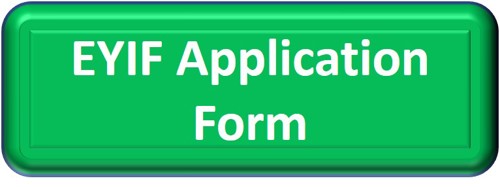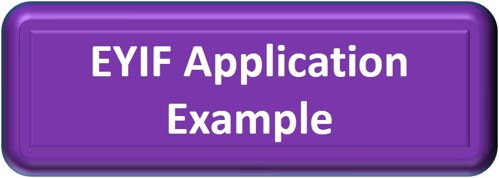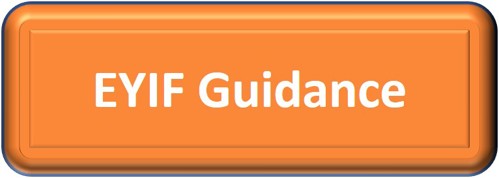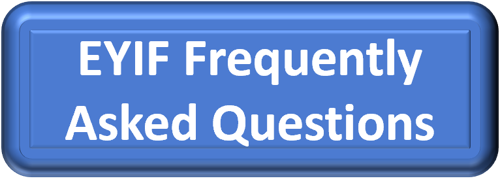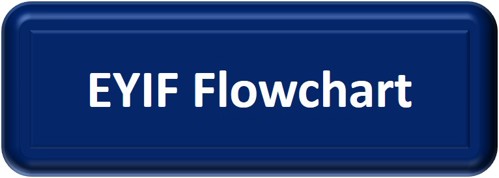The Disability Access Fund (DAF) will be collected from providers between the Actual Headcount opening and the Amendment headcount closing each term.
Providers are responsible for identifying eligible children, confirming with parents/carers that they would like to claim for this, and making the claim to the Local Authority via the Provider Portal.
Providers must upload with their application the copy of the parent/carer consent to make the DAF claim, and a copy of the child’s Disability Living Allowance (DLA) letter.
Template for Parent/Carer Agreement can be found on the Sheffield City Council's website.
After applications have been approved, the lump sum payment of £910 will be made to the provider in the upcoming payment. This payment lasts for 3 terms.
The Local Authority will:
- Check no other claims have been made for the child within the previous 2 terms or the current term and process the DAF payments due by the end of the term. If upon checking any ineligible claims these will be queried with providers.
- DAF will not be offset against any other funding an eligible child may receive. DAF is paid as a lump sum once per financial year, per eligible child.
- If more than one provider claims DAF for the same child, the LA will pay the first application received. If both applications are received on the same day, the parent will be asked to nominate a provider as above.
- If a child receiving DAF moves from one setting to another within a financial year, the new setting will not be eligible to receive DAF funding for this child within the same financial year. DAF funding received by the original setting will not be recouped by the LA.
- Where a child lives in a different local authority district to where they take up a FEL place, the local authority where the child accesses their FEL place will administer the DAF payment.
